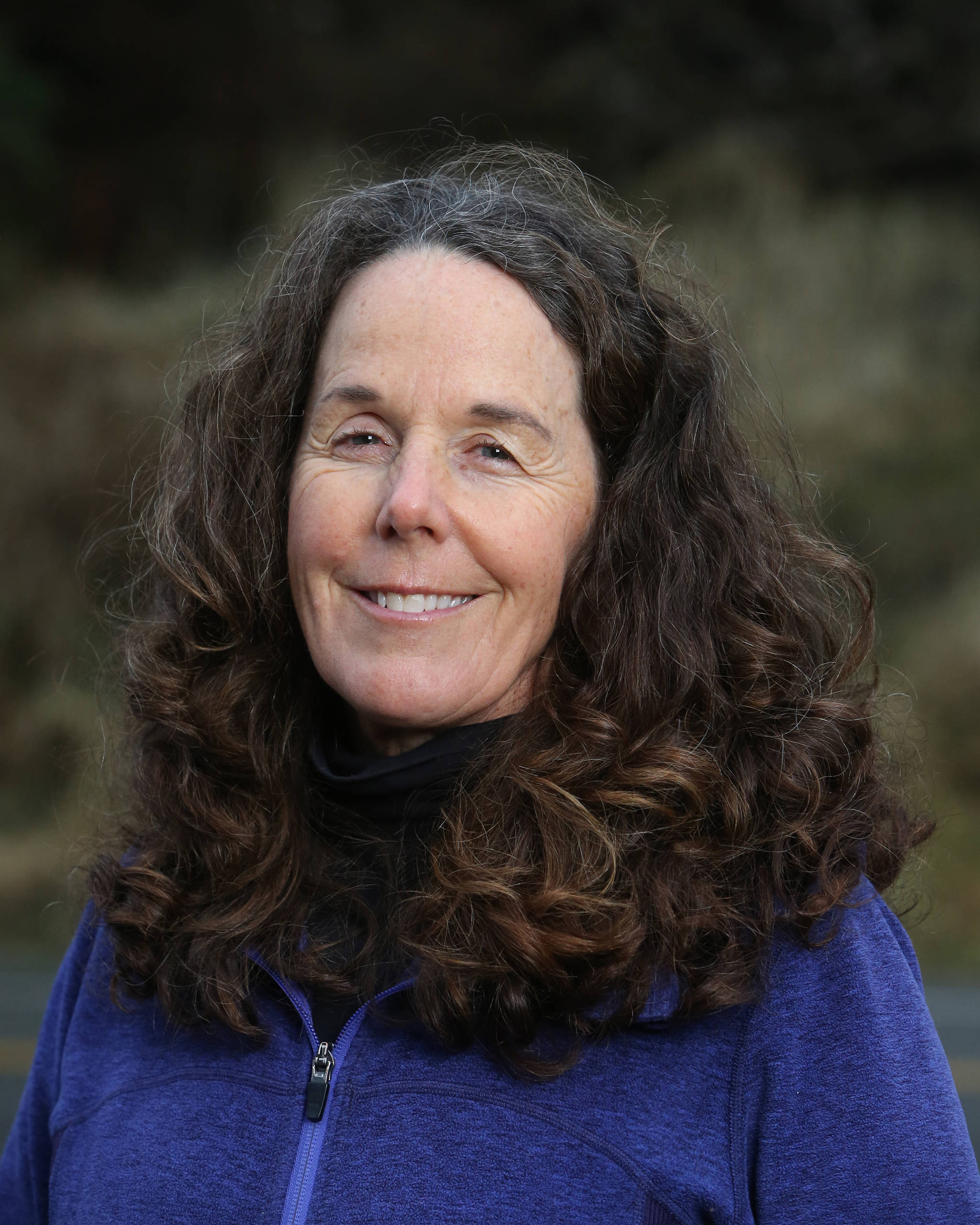By Anjuli Grantham
While the rest of the world celebrated World Wetlands Day on Feb. 2, we in Juneau might wonder if every day is wetlands day, especially when venturing off a developed trail.
We are lucky for it. Our spongy ground might be inhospitable to tromping and building, but it performs a service arguably more important than recreation or development: carbon sequestration.
Juneau’s peatlands and wetlands are carbon sinks, complex biomes that trap carbon in an anaerobic environment, slowing the decomposition of organic material. Coastal wetlands can store five times as much carbon as a tropical forest over time; peatlands store ten times more carbon than other kinds of ecosystems.
That sucking sound you hear when extracting your boot from the muck? Well, just think of it as carbon being sucked from the atmosphere.
[Climate Change Solutionists: Insulation and energy efficient buildings]
“Forests get lots of the good press because it’s easy to see the wood as carbon. But peatlands are more effective at carbon sequestration,” says local wetlands ecologist, Koren Bosworth. Peat can be over 50% carbon. For this reason, Project Drawdown ranks peatland preservation as the 13th most effective solution for curbing global warming out of 80 solutions. Coastal wetland preservation is ranked as 52 of 80.
Koren has spent much of the last 35 years investigating and documenting Southeast Alaska’s wetlands and peatlands. She grew up in the west, spending every summer camping and every moment not in the classroom outdoors. “I had relatives in Alaska and knew I had to be here,” Koren says. After graduating with an undergraduate degree in botany, Koren worked intermittently for the National Park Service, the US Forest Service, and the Alaska Department of Fish and Game before joining the Field Naturalist graduate program that took an interdisciplinary approach to ecology. “This program tied many things together, rather than focusing on specializing. It helped me to integrate the natural world,” Koren recalls.
Wetlands and peatlands are integrated ecosystems, in a sense. Much of what we call woods in Juneau is actually forested wetlands, for example. Even many inland riverine environments are classified as coastal zones because they are tidally influenced. To understand and document these lands requires an interdisciplinary lens. Koren graduated and got her feet wet, so to speak, in Juneau’s wetlands and peatlands documentation and preservation starting in 1985.
Thirty years later, Koren and others mapped and assessed local wetlands for the 2016 City and Borough of Juneau Wetlands Management Plan Update. As part of this project, wetlands specialist Dr. Paul Adamas created a new assessment tool, the Wetlands Ecosystem Protocol for Southeast Alaska, to determine the relative value and function of the fens, bogs, forested wetlands, and coastal wetlands in the vicinity of Juneau. Carbon sequestration capacity was one of the functions for which each wetland was assessed. The evaluation showed that some Juneau wetlands best perform as carbon sinks.
Preserving large, intact, and diverse expanses of wetlands and peatlands protects animal habitat, assures recreational potential, and is an essential way for Southeast Alaska residents to
markedly improve the planet’s chances of keeping warming below 1.5 degrees Celsius. Examples of locally protected wetlands include the Mendenhall State Game Refuge and lands held by the Southeast Alaska Land Trust, including the newly acquired Grummet Wetlands.
But there’s something else we must do alongside preserving the peatlands and wetlands that surround us. “Vote,” Koren says. “Voting is the only way we are going to seriously protect wetlands.”
Indeed, participating in politics at each level of government is required to assure the preservation of the carbon sinks that surround us. At the local level, the Juneau Wetland Review Board is tasked with advising the Planning Commission, Assembly, and other local governmental entities on the relative value of wetlands. Nonetheless, Juneau wetlands are often developed even when the review board recommends against it.
At the state level, Alaska needs to again take part in the Federal Coastal Zone Management Act. Alaska in 2011 failed to submit a new coastal management plan. “We are the only eligible state that does not have a coastal management plan,” Koren laments. “This was a big blow to wetlands protection here in Alaska, where 84% of us live in a coastal zone.”
And at the federal level, the Trump Administration rolled back provisions of the Clean Water Act that protect wetlands. “Over the last ten years we have gone backwards when it comes to wetland protection,” Koren notes.
Yet Juneau is still positioned to protect what we have. By preserving the forests, wetlands, and peatlands that exist today, we enable nature to remove carbon from the atmosphere and bury it in the earth in a regenerative cycle that requires no human inputs. In fact, it just requires that we leave it alone.
• Anjuli Grantham is a public historian and museum curator who serves on the board of Renewable Juneau and is Vice Chair of the Juneau Commission on Sustainability. Juneau’s Climate Change Solutionists is a series that features 10 local solutions to climate change and 10 people who exemplify the solutions. The solutions are based on Project Drawdown, a global project that quantifies the most effective methods for halting global warming. The series was produced with support from a Juneau ArtWorks grant. It appears weekly in the Empire.

